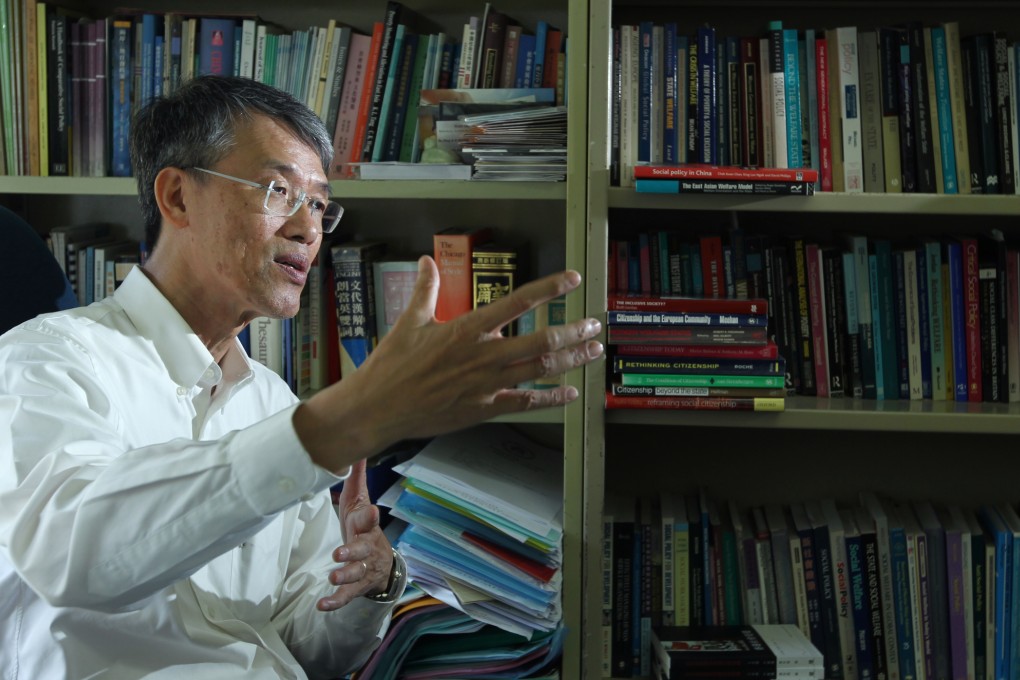Despite its limitations, democracy beats other types of government
George Cautherley says studies show people in dictatorships live shorter, more miserable lives

Last month, Professor Wong Chack-kie of the Central Policy Unit said that democracy was no panacea for social problems, a view not many will challenge. But, to paraphrase Winston Churchill, the reason for pursuing democracy is not because it is perfect but because it is the best among all known forms of government.
Robert Dahl, the renowned theorist of democracy, held a similar view. He observed that the risk of making mistakes exists in all political systems, but the worst blunders of the 20th century were made by leaders in non-democratic systems.
Importantly, Churchill's and Dahl's view that democracy outperforms all other forms of government is not without empirical support.
In this regard, research by Adam Przeworski and his colleagues is worth particular attention. Their study - Democracy and Development: Political Institutions and Well Being in the World, 1950-1990 - looked at the experience of 135 countries during this period. It says the picture of non-democratic regimes is "bleak" and lives under these regimes are "miserable", "grim" and "short". The researchers concluded that the "Churchillian view may be not enough, but it is accurate".
Przeworski and his colleagues found non-democracies to have higher mortality rates and even higher infant mortality rates. On average, people can expect to live five years longer in a democracy than in a non-democracy, even when income levels and the age structure are similar.
One major factor accounting for the difference in mortality rates is the disparity in social spending. The proportion of gross domestic product spent by governments on social security and welfare is much higher in democracies (10.4 per cent) than in non-democracies (2.1 per cent). Democracies spend twice as much on public health as non-democracies - 3.3 per cent of GDP against 1.7 per cent. Strikingly, even when matched for time frame, per capita income, age structure, labour force in agriculture and social spending, people in democracies still live 3.4 years longer than those in non-democracies.